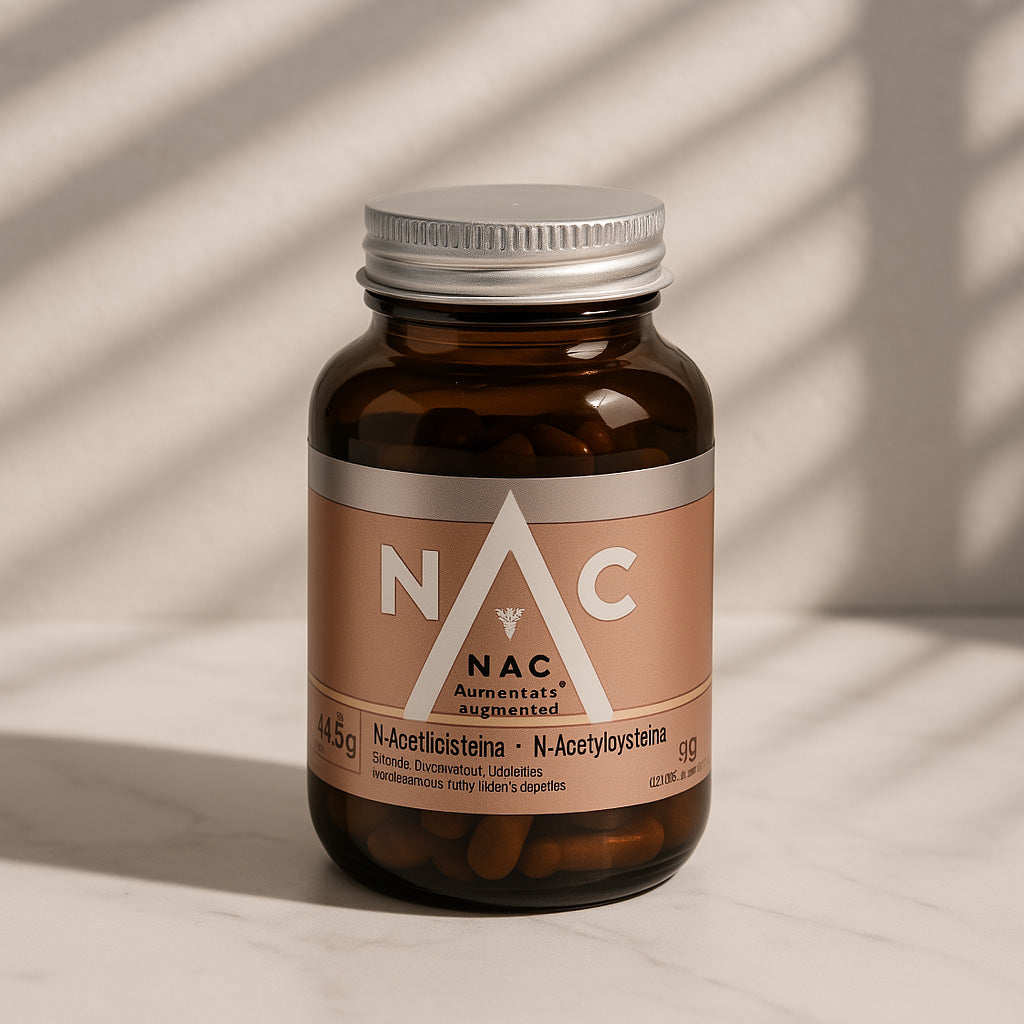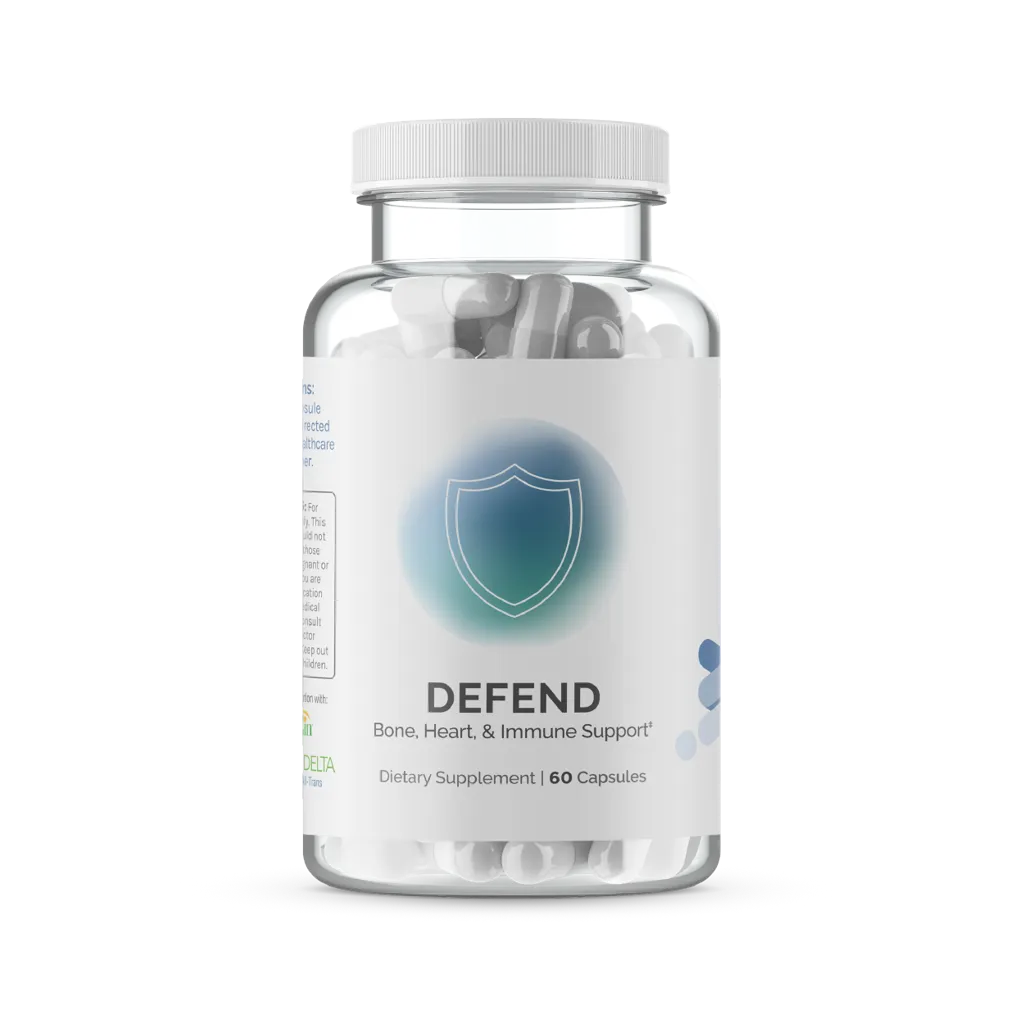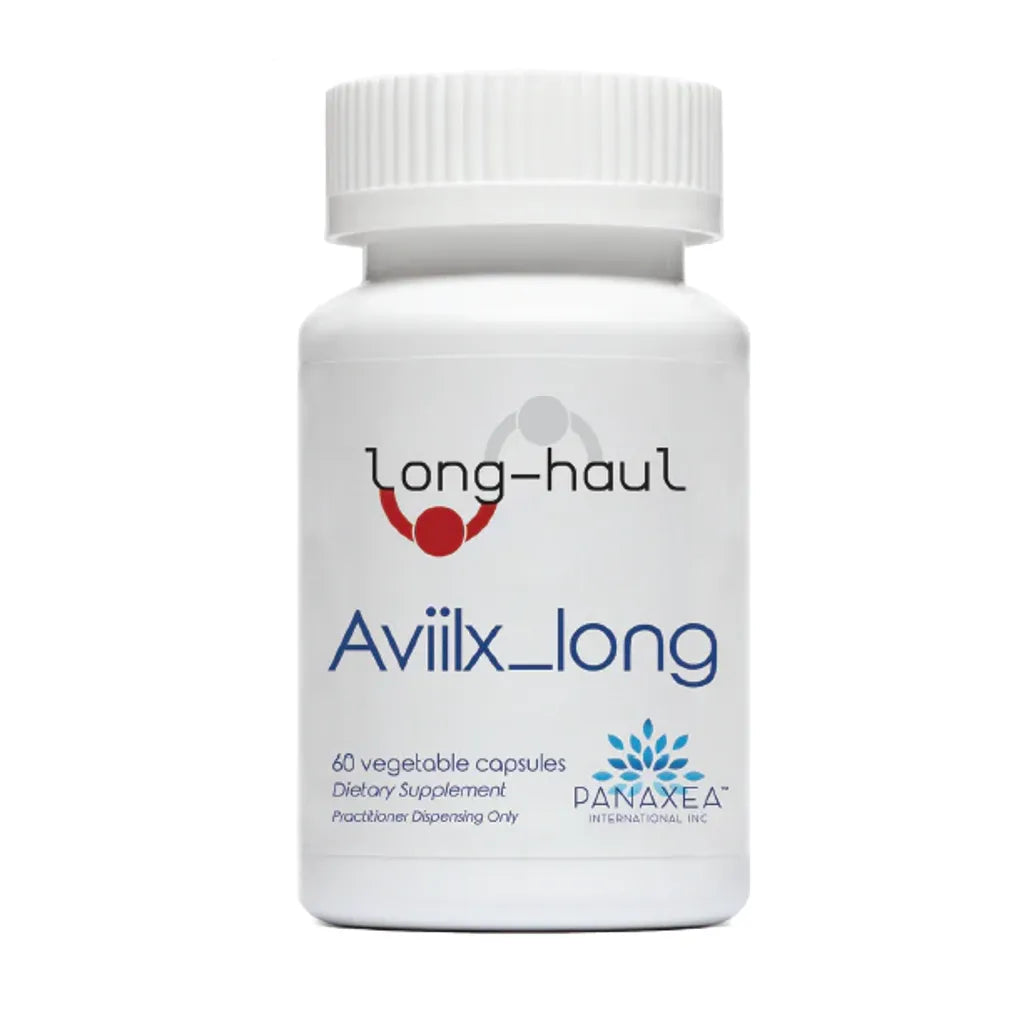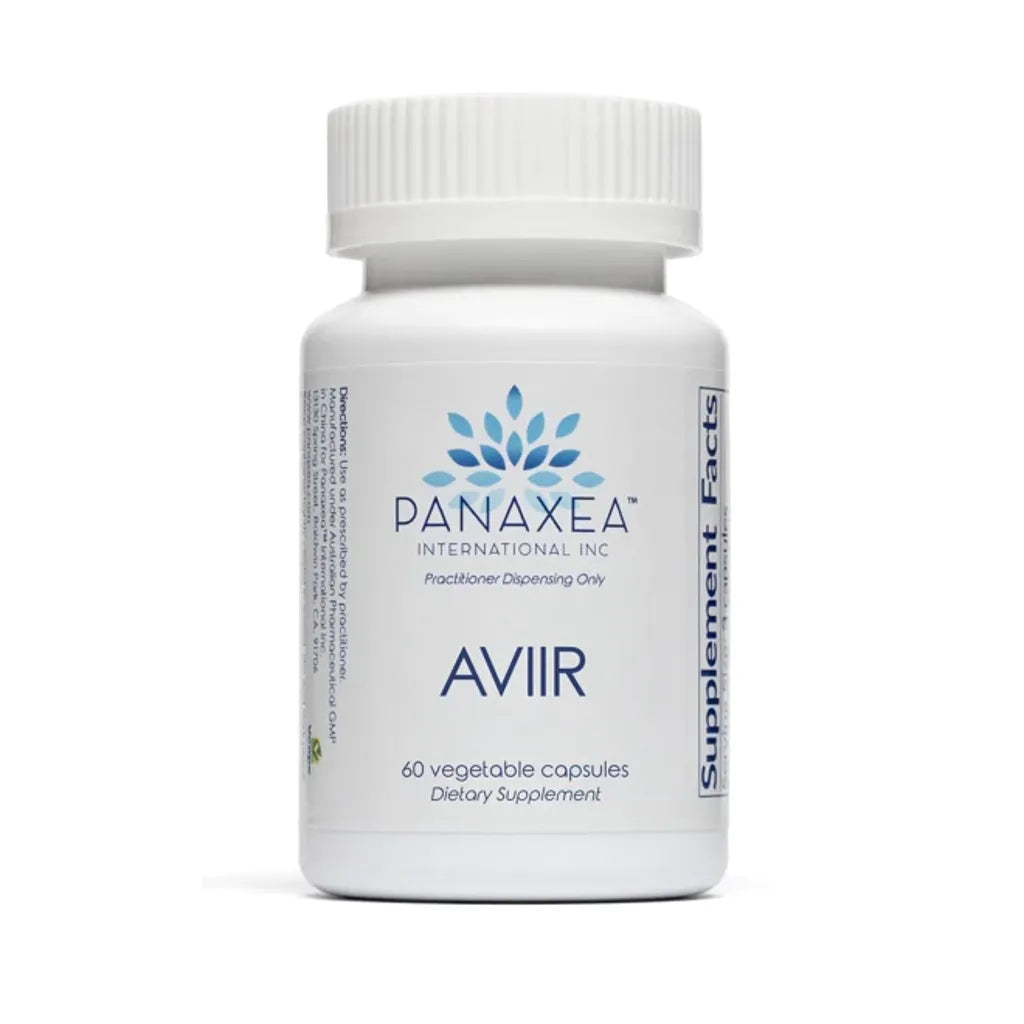Fall marks a return to classrooms, offices, and fuller schedules. Along with productivity and structure come new exposures—viruses circulating in shared spaces, increased stress, and less daylight for immune-boosting vitamin D. Immunity is not built overnight, but through steady daily inputs: sleep, nutrition, stress regulation, movement, and targeted supplementation. This guide covers how to strengthen your defenses as routines ramp up.
Why immunity needs extra support in fall
Several factors converge at this time of year:
- More contact: Children in school and adults in offices or commuting face higher viral exposures.
- Stress load: New academic or work deadlines elevate cortisol, which can suppress immune function.
- Reduced daylight: Shorter days mean less vitamin D production, an important immune regulator.
- Weather changes: Shifts in temperature and humidity affect respiratory tract defenses.
Daily anchors for immune strength
- Sleep: Aim for 7–9 hours with consistent bed and wake times. Sleep enhances antibody production and immune memory (see Sleep 101).
- Nutrition: Anchor meals with protein, which builds immune cells and antibodies. Include colorful plants for antioxidants and polyphenols. Focus on vitamin C (citrus, peppers), zinc (pumpkin seeds, legumes), and vitamin D (fatty fish, eggs, fortified foods). See Immune System 101.
- Movement: Moderate activity like brisk walking, cycling, or strength training supports circulation of immune cells. Avoid overtraining, which may temporarily suppress immunity.
- Stress regulation: Daily micro-resets (breathing, stretching, journaling) keep cortisol in check. See Stress 101.
Supplements to consider
Supplements are not quick fixes, but they can help fill gaps when paired with daily anchors like sleep, movement, and nutrition. Here are some targeted options to support immune strength during the back-to-routine season:
- Vitamin D: Especially important in fall and winter when sunlight is reduced. Supports immune regulation (NIH ODS). Try Metagenics D3 10,000 + K.
- Immune blends: Comprehensive formulations can provide a mix of antioxidants, botanicals, and nutrients. Explore Defend Pro by Infiniwell and the targeted Immune Charge+ Throat Spray by Quicksilver Scientific.
- Multi-vitamins: Foundational nutrients that cover baseline gaps, tailored by age and gender. Consider Thorne Multi-Vitamin Elite, Thorne Women’s Multi 50+, or Thorne Men’s Multi 50+.
- Zinc: Critical for immune cell development. Adequate intake shortens duration of some infections (Mayo Clinic).
- Vitamin C: Supports white blood cell function and antioxidant defense. Helpful during higher exposure periods.
- Quercetin: A flavonoid found in apples and onions that may modulate inflammation and support immunity.
- Probiotics: The gut houses much of the immune system. Certain probiotic strains reduce upper respiratory infections (see Gut Health 101). Try Seed DS-01 Daily Synbiotic or LifeWorks Nutritionals Probiotic.
Nutrition spotlight: immune-friendly fall foods
- Pumpkin seeds: Rich in zinc and magnesium.
- Citrus fruits: Vitamin C to support immune cell activity.
- Apples & onions: Natural sources of quercetin.
- Yogurt & kefir: Fermented foods that support the gut-immune axis.
Habits for families and professionals
- Hand hygiene: Frequent handwashing reduces viral spread (CDC).
- Sleep anchors for kids: Consistent routines improve mood and defenses.
- Lunchbox strategies: Pack protein, fruit, and probiotic-rich snacks to support immunity through the day.
- Workplace tips: Hydrate, take movement breaks, and get outside light exposure at lunch when possible.
Cross-links to related guides
- Immune System 101 — big-picture foundations.
- Sleep 101 — nightly recovery.
- Gut Health 101 — digestion and immunity links.
- Stress 101 — stress and immune regulation.
FAQ
Do supplements prevent colds completely?
No. Supplements support immune function but cannot guarantee prevention. Sleep, nutrition, and hygiene are equally important.
Should kids take immune supplements?
Some children may benefit from vitamin D or probiotics, but dosages vary. Always consult a pediatric clinician before starting supplements.
What’s the best exercise for immunity?
Moderate-intensity movement like brisk walking or cycling. Intense training without recovery may suppress immunity temporarily.
Does sugar affect immune strength?
Yes. High-sugar diets can impair white blood cell activity. Balancing treats with nutrient-dense foods supports defenses.
Can stress really make me sick?
Chronic stress raises cortisol, which suppresses immune function and increases vulnerability. Daily stress management helps reduce risk.
Authority resources: CDC: Flu season · NIH ODS: Vitamin D · Mayo Clinic: Zinc · Harvard: Vitamin C · Cleveland Clinic: Probiotics



























